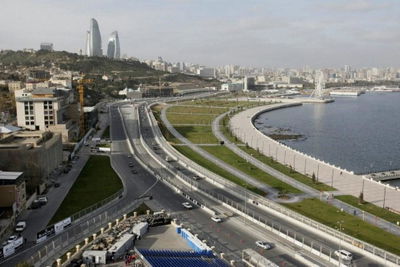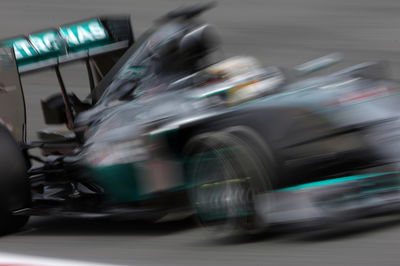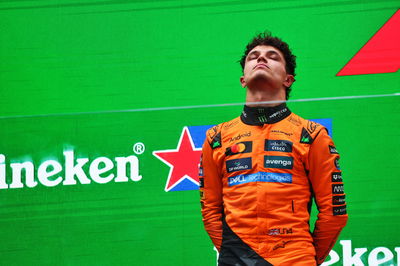Kate Walker: Baku life, Baku reality

When it comes to the idea of a race in Azerbaijan, members of the F1 travelling circus fall into one of two defined camps: those who are keen to experience life in a country that has been described as the new Wild West, and those who are loath to visit yet another place they'd be hard pressed to point at on a map.
News that the prospective Baku race would likely be called the Grand Prix of Europe was greeted with much derision in the paddock, before atlases were cross-checked and it was conceded that while Azerbaijan itself is complicatedly trans-continental, Baku lies firmly in the European half.
But the Grand Prix of Europe - should it happen as planned - will take place in a city more than 2,000 kilometres from the nearest EU member country. All of northern Africa and much of the Sahel lie closer to those countries traditionally seen as European, with Azerbaijan more usually grouped in with the 'Stans' of central Asia.
Traditional groupings are irrelevant, however. The world is changing, and Formula One has long been at the forefront of that change, dragging the sport - and the global television audiences - into previously unchartered territories.
Azerbaijan is oil-rich (and then some), with all of the attributes that F1 seeks in its new customers: a growing middle-class with the sort of disposable income that is but a distant memory in the sport's traditional heartland, a recent and dramatic upturn in the number of cars on the roads, and heavy investment in the sort of infrastructure - both touristic and municipal - that makes hosting a race possible, and visiting it pleasant.
Geographically, the Azeri round could comfortably slot in before or after Sochi, although there are presently no direct flights between Baku and the Winter Olympics venue. One city with a healthy number of direct travel options to Baku is Budapest, raising the possibility of a shift to the traditional summer calendar when Azerbaijan makes its 2015 debut.
There are, of course, questions about the certainty of Azerbaijan's contract. F1 supremo Bernie Ecclestone has gone on record as saying that the deal was done, telling The Independent "Baku has been signed. It will start in 2015 and will replace Korea."
But whether or not the deal has been done relies a lot on the timing of the contract, and just who was involved in its negotiation. Thanks to the F1 boss' current legal difficulties, in January of this year it was announced that "the approval and signing of significant contracts and other material business arrangements shall now be the responsibility of the chairman, Mr Peter Brabeck-Letmathe, and the deputy chairman, Mr Donald Mackenzie."
Ecclestone stepped down from the board of Delta Topco and a host of associated companies when the announcement was made, retaining a figurehead role that sees him "subject to increased monitoring and control by the board".
Which is why the question of a proposed Grand Prix of Europe (Baku edition) is all about the timing. Was the deal done prior to the January announcement, in which case Ecclestone's signature will have proved sufficient? Was it done more recently, and signed off by Brabeck-Letmathe and Mackenzie?
Or is it yet another smoke-and-mirrors trick, a realistic-sounding option for a race that conveniently draws attention away from the ongoing events in that Munich courtroom? Coverage of the Azeri GP news has filled the headlines for the past week, while information from Germany has proved to be somewhat harder to come by.
Kate Walker
Kate Walker is a senior F1 writer for Crash.net. A member of the F1 travelling circus since 2010, she keeps an eye on the behind the scenes wheeling and dealing that makes Formula One a political melodrama.











